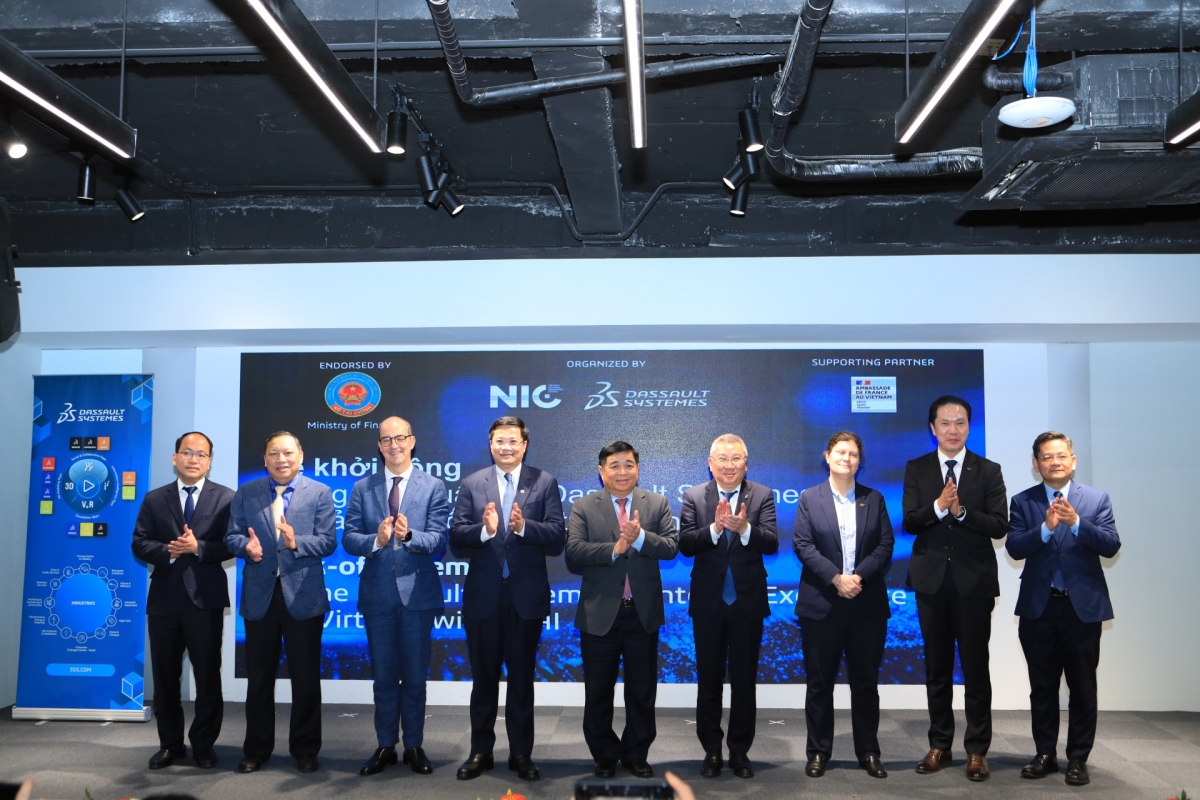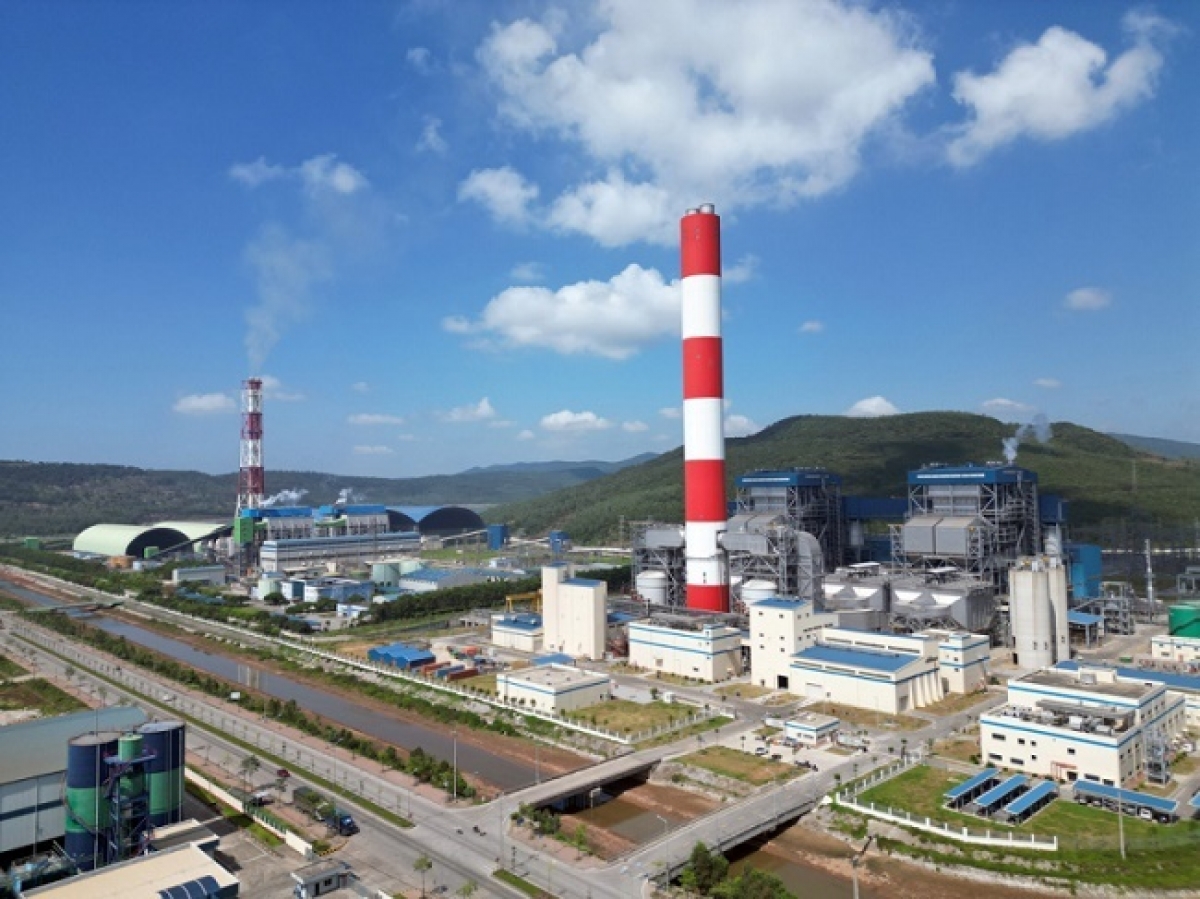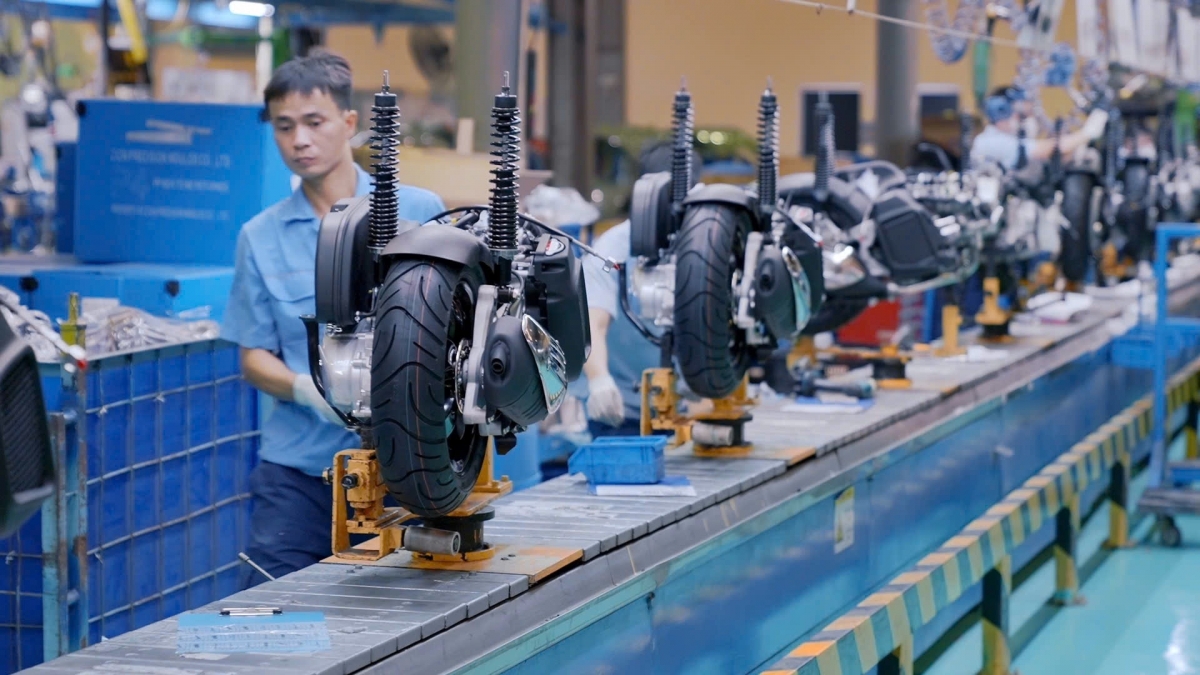INTERNATIONAL INVESTMENT
AND PORTAL
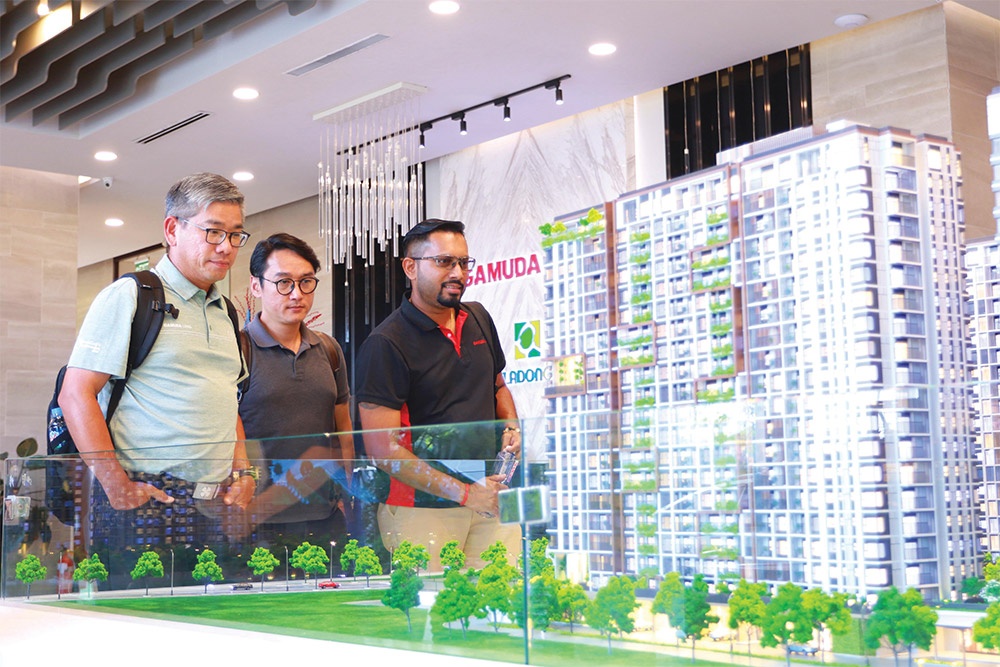 With policy support from the central government, a more dynamic real estate market is being built, photo Le Toan
With policy support from the central government, a more dynamic real estate market is being built, photo Le Toan
In Dong Nai province, the chairman of Bien Hoa City People’s Committee on June 23 approved adjustments to the planning for Aqua City’s subprojects, including its urban area and Waterfront City.
The plans for these two projects were revised to adjust land allocations and population scales.
In Ho Chi Minh City, meetings held in May involving municipal departments, relevant agencies, and District 7 authorities resulted in agreement to fully resolve issues for two Sunshine Group projects – Sunshine Sky City and Noble Crystal Riverside – which are now slated for relaunch in the second quarter.
Meanwhile, the Tan An Huy Residential Area in Nha Be district, stalled for over 20 years, is back on the agenda. The city has instructed the developer, Tan An Huy Company, to urgently fulfil its financial obligations to the state as a prerequisite for its continuation.
To recover nearly VND181 billion ($7.2 million) in unpaid taxes, a special account managed by Regional Tax Department II has been established. All revenue from the developer’s clients and partners must be channelled into this account. Tax authorities will deduct the outstanding taxes before allowing the release of funds for completion.
Nguyen Hong Hai, chairman of Tan An Huy, stated that this mechanism not only resolves tax debts but also ensures legal security for homebuyers, helping to rebuild trust in an undertaking long suspended due to financial issues.
“However, if the firm fails to meet its financial commitments, the city may resort to enforcement measures, including asset liquidation,” said Hai.
“The city has also permitted us to temporarily retain 14 illegally constructed houses while awaiting planning adjustments. Compensation and technical infrastructure development will also resume. Civil disputes with residents will be resolved through legal proceedings,” he added.
With strong policy support from the central government, eligible projects are being launched with renewed momentum, creating a more dynamic atmosphere across the country.
On June 18, a high-profile livestream event on TikTok featured celebrity businessman Nguyen Quoc Cuong, chairman of C-Holdings JSC, promoting The Felix project in Binh Duong province.
This event marked the first-ever mega livestream real estate sales model in Vietnam, enabling real-time viewer interaction, promotional offers and instant bookings.
The session attracted more than 151,000 views, 31,000 comments, 1.4 million likes, and over 1,200 phone numbers left for consultation. A record-breaking 517 bookings were made live – equivalent to half of the project’s total inventory.
Major projects across the country are also launching, including Vinhomes Green Long An, Sun Feliza Suites in Cau Giay of Hanoi, Balance City in Ba Ria-Vung Tau, The Prive in Ho Chi Minh City, and M Landmark in Danang and others.
On June 21, Five Star International Group broke ground on two international 5-star hotels – Five Star Poseidon and Five Star Odyssey – located on Thuy Van Street of Vung Tau City. With a total investment exceeding VND10 trillion ($400 million), these are currently the tallest high-rise developments in the city.
Tran Van Muoi, chairman of Five Star International Group, emphasised that the company’s investment extended beyond financial and technological resources – it also demonstrated a commitment to social responsibility and local development.
“This is a strategic step to redefine the urban landscape of Vung Tau in a new era of growth, with a vision towards becoming a smart megacity in the event of a merger with Ho Chi Minh City,” Muoi said.
The Five Star Odyssey complex is being developed on an 8,200-square metre site, featuring 50 floors above ground and four basement levels, making it the tallest building in the coastal city to date. It will comprise over 300 5-star hotel rooms and more than 1,000 high-end residential units.
Meanwhile, the Five Star Poseidon twin towers will rise on an 8,730sq.m site with 43 above-ground floors and three basement levels. Once operational, the development will offer more than 300 luxury hotel rooms and over 1,000 premium apartment units.
Also on June 21, at Bai Dai Beach in Cam Ranh, CEO Group broke ground on Novotel Cam Ranh Resort – a flagship hospitality complex and a pivotal milestone in the group’s journey to build a world-class tourism and hospitality ecosystem.
The resort represents a strategic element of CEO Group’s development blueprint for central Vietnam, where it aims to introduce high-quality sustainable tourism offerings that reflect local cultural identity. Scheduled to open next October, the project is also part of CEO Group’s broader strategy to expand its nationwide portfolio to between 3,000 and 5,000 5-star hotel rooms.
Dr. Nguyen Duy Phuong, strategic investment director at DG Capital, noted that even for resolved projects, those prolonged over five years face significant financial burdens, resulting in increased costs.
“In the short term, real estate prices are expected to rise due to cost pressures. To ensure sustainable long-term growth, regulators must introduce suitable pricing oversight and market intervention,” Phuong said.
According to the Vietnam Real Estate Association, national housing supply this year is projected to rise by about 10 per cent on-year. Hanoi and its satellite cities are expected to add approximately 37,000 units, while Ho Chi Minh City and surrounding localities may contribute around 18,000 units.
Despite this increase, supply remains below demand and is largely concentrated in mega-urban developments by top-tier investors. While new launches are accelerating, housing prices are not expected to fall.
In its mid-year socioeconomic report, the People’s Committee of Ho Chi Minh City revealed that a special task force, led by the city chairman and established in early March, has reviewed bottlenecks affecting 570 long-delayed development projects.
As a result, 63 projects have been cleared, unlocking more than VND86.8 trillion ($3.4 billion) in investment capital and releasing over 920 hectares of land.
For the remaining projects, the city has set a target to resolve all legal and administrative issues within its jurisdiction by 2026, and aims to address more than half of the challenges tied to projects requiring central government approval.
According to the city’s Department of Finance, if all stalled projects are successfully unblocked, Ho Chi Minh City could release trillions of VND in capital and hundreds of hectares of land that have remained frozen.
Vo Hong Thang, investment director DKRA Group

Ongoing legal reforms are providing momentum for Vietnam’s real estate market, yet recovery is expected to be uneven across segments. Residential projects located in central urban areas and well-connected suburban zones are forecast to lead to a rebound.
Meanwhile, industrial real estate and worker housing are poised to benefit from continued inflows of foreign direct investment. In contrast, the resort and hospitality segment is expected to take longer to recover, given its dependency on tourism and long-term sentiment.
The increase in legally compliant projects is also helping to ease price pressures, improve liquidity, and stimulate real homebuyer demand. Additionally, the mass issuance of land use right certificates is projected to boost local government revenues through associated taxes and fees.
However, the issuance process remains sluggish across many projects due to three key factors. First, frequent legal changes have required project developers to revise legal documents, particularly regarding financial obligations and construction design standards. Second, cumbersome administrative procedures involving multiple government agencies and limited technological integration have slowed down processing times.
Third, some developers, especially less experienced ones, have failed to meet financial obligations or deprioritised the completion of post-sales legal documentation. These issues have prolonged the issuance process for land use and housing rights certificates, undermining buyers’ rights and highlighting the need for comprehensive solutions, spanning legal reform, streamlined procedures, and stronger developer capabilities.
Nguyen Le Dung, head of Investment Savills Hanoi

Currently, foreign investors’ decisions regarding real estate in Vietnam are now influenced not only by traditional economic factors but also by broader shifts in geopolitics, supply chain restructuring, and the growing trend of global trade protectionism.
In a polarised world, Vietnam is regarded by many multinational corporations as a strategic destination due to its neutral stance, political stability, and comprehensive partnerships with key global players, including the United States, China, Japan, and the EU.
As a result, Vietnam is progressively appearing as a new regional supply chain hub, driving strong demand for industrial real estate, logistics facilities, and housing for foreign professionals.
Macroeconomic financial factors also play a significant role. Foreign investors are highly sensitive to exchange rate volatility and the cost of capital, which can erode returns when repatriating funds. Domestic credit policies and benchmark interest rates have a direct influence on project development capacity and purchasing power in the local market.
While Vietnam continues to maintain stronger macroeconomic stability compared to many other emerging markets, in a globally uncertain environment, foreign investment inflows demand greater caution and clear forward-looking signals.
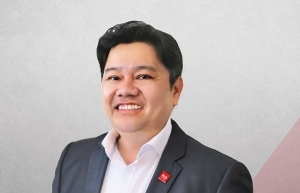 Buying sprees experienced in Vietnam’s real estate
Buying sprees experienced in Vietnam’s real estate
Despite the challenging economic environment, Vietnam’s commercial real estate market remains promising for foreign investors as well as local developers: the latter is heavily injecting capital to acquire land, while the former continue to step up their deals.
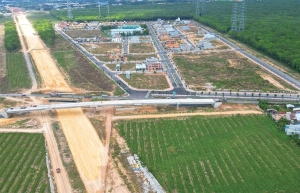 Real estate seeing global capital influx
Real estate seeing global capital influx
With a stronger legal system and new emerging segments, Vietnam is gradually cementing its position as an attractive destination for international real estate capital.





